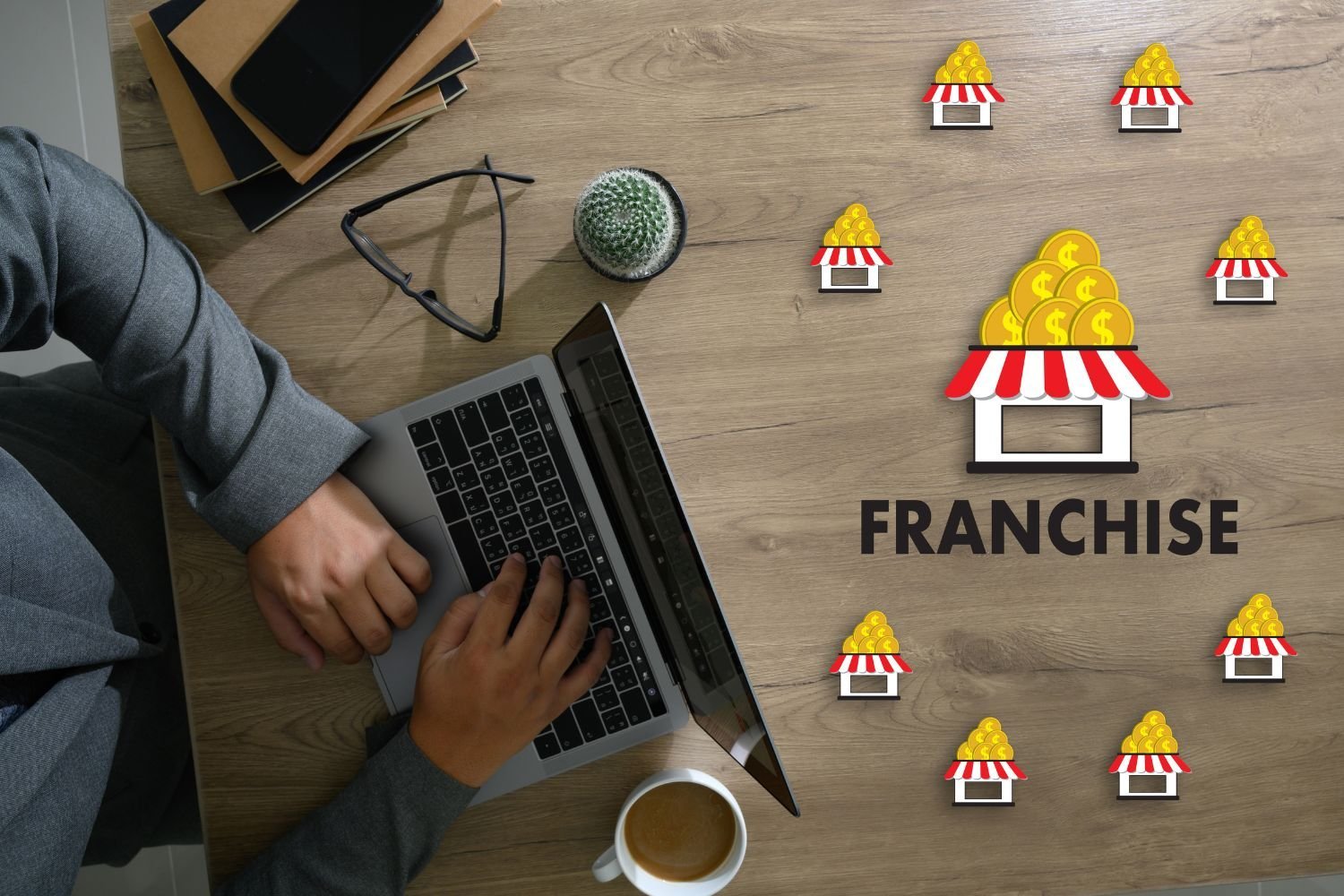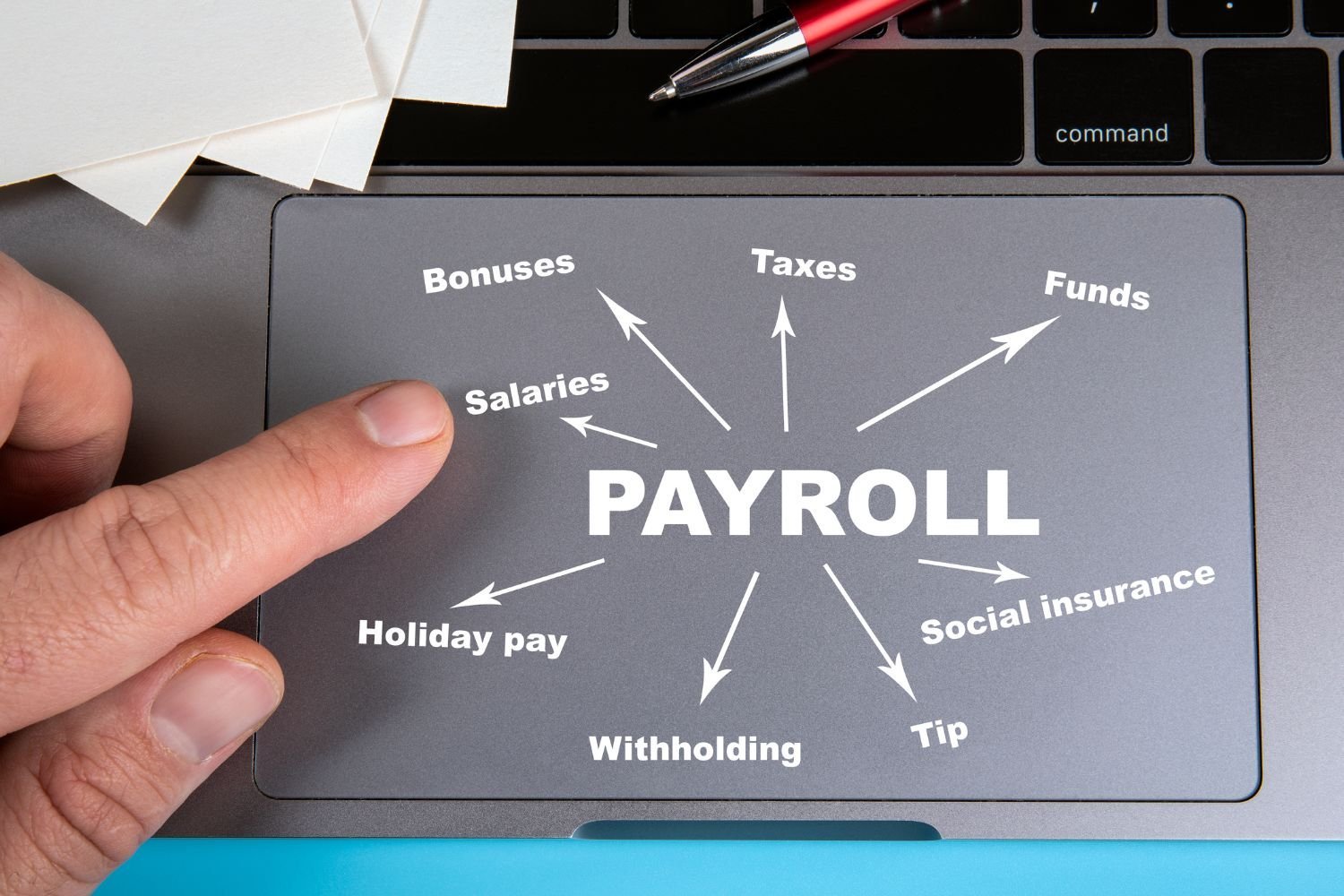Is it a good idea to buy a franchise or is it better to try other business investment options? The entrepreneurial spirit burns bright, urging many to chart their own course through the labyrinthine world of business ownership. With so many paths converging at the crossroads, however, choosing the right one can feel like navigating a fogged-up windshield on a winding mountain road. Franchises, with their established brands and seemingly paved-over terrain, often emerge as a beacon of hope in this hazy landscape. But is it truly a good idea to buy a franchise? The answer, my intrepid entrepreneurs, is etched in shades of grey, not stark black and white.
Let’s peel back the franchise layer:
Pros: Stepping Stones on a Pre-built Path
- Brand recognition: Piggyback on an established, trusted name like McDonald’s or Dunkin’ Donuts. Instant brand awareness translates to reduced marketing costs and a built-in customer base.
- Proven business model: Forget reinventing the wheel. Franchises offer a tested, tweaked roadmap to success, minimizing the guesswork and risks associated with startups.
- Operational support: No lone wolf howling at the moon here. Franchises typically provide comprehensive training, operational manuals, and ongoing support to guide you through the day-to-day grind.
- Bulk buying power: Leverage the franchise’s collective muscle to secure better deals on equipment, supplies, and inventory, boosting your bottom line.
- Marketing muscle: Tap into the franchisor’s marketing campaigns and branding strategies, saving you resources and maximizing your reach.
Cons: The Flip Side of the Coin
- High upfront costs: Be prepared to cough up hefty franchise fees, royalties, and initial investment costs. These can easily reach six figures, putting a strain on your finances.
- Limited autonomy: Freedom, the very essence of entrepreneurship, can feel chained in a franchise. Strict operational guidelines and brand conformity leave little room for personalizing your offering.
- Profit sharing: A portion of your hard-earned profits flows upstream to the franchisor, potentially eating into your margins and long-term financial goals.
- Franchisee churn: Be wary of franchises with high franchisee turnover rates. This could indicate underlying flaws in the business model or poor franchisor support.
- Territorial restrictions: Your geographic reach might be limited, preventing you from capitalizing on lucrative opportunities beyond your designated territory.
Real-World Bites of Truth:
- Success stories: Chick-fil-A boasts a phenomenal franchisee success rate with over 90% remaining open after five years, a testament to its strong support system and robust business model. (Source: https://afcfranchising.com/blog/franchise-success-rates/)
- Cautionary tales: The Great Recession witnessed numerous restaurant franchise closures, highlighting the vulnerability of even seemingly stable industries to economic downturns. (Source: https://1851franchise.com/10-emerging-trends-in-the-restaurant-franchise-industry-2724038)
Beyond the Binary: Your Litmus Test
Buying a franchise is not a one-size-fits-all solution. Before signing on the dotted line, rigorously scrutinize the following:
- Your passion and skills: Aligning your personal interests and expertise with the chosen franchise is crucial for sustained motivation and success.
- Financial fortitude: Crunch the numbers relentlessly. Can you manage the initial investment, ongoing fees, and operational costs without crippling your finances?
- Franchisor’s track record: Research the franchisor’s history, financial stability, and support infrastructure. Are they invested in your success, or just your franchise fee?
- Industry outlook: Is the franchise operating in a thriving or rapidly declining market? Analyze competitive landscapes and long-term growth potential.
- Franchise agreement scrutiny: Don’t let legalese become your nemesis. Consult an attorney to dissect the franchise agreement and ensure its terms work for you.
The verdict? Buying a franchise can be a springboard to entrepreneurial success, but it’s not a guaranteed shortcut to El Dorado. Weigh the pros and cons meticulously, conduct thorough due diligence, and align your decision with your personal aspirations and financial realities. Remember, the golden arches you seek might be forged in your own unique vision, not someone else’s blueprint.
Bonus Tip: Explore alternative funding options like the Small Business Administration (SBA) loan programs to ease the financial burden of buying a franchise. (Source: https://www.sba.gov/)
Embrace the entrepreneurial journey, my friends, and choose your path wisely. May your ventures, franchised or independent, bring forth the riches of fulfillment and success!
** Unveiling the Franchise Landscape: Exploring Niche Alternatives and Independent Avenues**
While we’ve delved into the pros and cons of mainstream franchises, the entrepreneurial landscape offers more than just well-trodden paths. Let’s explore two lesser-known but potentially rewarding territories:
1. Niche Franchises: Unearthing the Hidden Gems
Tired of the burger-and-pizza monotony? Niche franchises offer an opportunity to tap into underserved markets and cultivate loyal followings around unique passions. Here are a few examples:
- Fitness franchises: Cater to the burgeoning wellness trend with boutique fitness studios, martial arts academies, or children’s sports franchises.
- Pet-related franchises: Pamper furry friends with dog walking services, pet training centers, or grooming salons.
- Education franchises: Nurture young minds with preschools, language schools, or STEM-focused enrichment programs.
- Eco-friendly franchises: Ride the green wave with organic grocery stores, sustainable cleaning services, or electric vehicle charging stations.
The advantages of niche franchises are undeniable:
- Reduced competition: Smaller markets mean less head-to-head battles, potentially leading to quicker brand recognition and customer acquisition.
- Passionate customer base: Niche franchises attract customers who are deeply invested in the specific product or service, fostering strong loyalty and repeat business.
- Differentiation as a competitive edge: Stand out from the crowd with a unique offering that caters to a specific audience, attracting attention and establishing a distinct market position.
However, niche franchises also come with their own set of challenges:
- Limited market size: The smaller customer base compared to larger franchises can translate to slower growth and revenue generation.
- Branding and marketing challenges: Breaking into a new market requires targeted marketing strategies and effective brand storytelling to build awareness and trust.
- Financial dependence on a specific trend: Niche franchises heavily rely on the continued popularity of their specific market segment, making them vulnerable to changes in consumer preferences.
2. Forging Your Own Path: The Allure of Independent Entrepreneurship
Not everyone dreams of a franchise sign above their door. For some, the allure of building a business from scratch, brick by brick, holds its own irresistible charm. Independent ventures offer unparalleled creative freedom, allowing you to tailor your product or service to your unique vision and market demands.
The advantages of independent ventures are clear:
- Unbound creativity: Shape your business like clay, molding it to your passions, skills, and market needs. No cookie-cutter approach here!
- Potential for higher profit margins: Escape the franchise fee trap and keep a larger share of your hard-earned profits, potentially fueling faster financial growth.
- Building legacy and brand equity: Create a brand that is a true reflection of your values and vision, leaving a lasting mark on the market.
However, the path of independent entrepreneurship is not paved with roses. Be prepared to face the following challenges:
- Higher risk and uncertainty: Without the established framework of a franchise, the success of your independent venture hangs heavily on your own decisions and market forces.
- Greater operational burden: From logistics and marketing to legal compliance and financial management, you wear all the hats, demanding exceptional multitasking skills and resilience.
- Building brand awareness from scratch: You’ll need to invest significant time and resources into establishing your brand and carving out a space in the market.
Is it a Good Idea to Buy a Franchise? The Final Choice Is a Symphony of Self-Discovery
Ultimately, the decision of whether to buy a franchise, delve into a niche market, or chart your independent course is a deeply personal one. There is no one-size-fits-all answer, and the ideal path lies in the intricate harmony between your passions, skills, risk tolerance, and financial realities.
Embrace the introspection, my entrepreneurial comrades! Ask yourself what truly ignites your spirit, what risks you’re willing to take, and what legacy you wish to leave. Then, armed with self-awareness and meticulous research, orchestrate your journey with dedication and unwavering spirit. Remember, regardless of the path you choose, the road to entrepreneurial success is paved with hard work, perseverance, and a healthy dose of passion.
So, whether you find yourself under the golden arches of a franchise, navigating the uncharted waters of a niche market, or building your own empire from the ground up, go forth and conquer! May your ventures be bountiful, your challenges surmountable, and your entrepreneurial spirit forever ablaze!
Remember, the world awaits your unique melody. Compose your masterpiece!
Stay tuned for future blog posts where we’ll delve deeper into specific franchise sectors, niche opportunities, and independent venture strategies. Until then, happy exploring!
Thank you for reading this post on websites for small business owners. We also invite you to watch relevant videos on our Youtube channel: Successful Businesses.
We invite you to read additional posts on our website, which are created for entrepreneurs like you.
Bonus: Presentation on Models of Franchises






